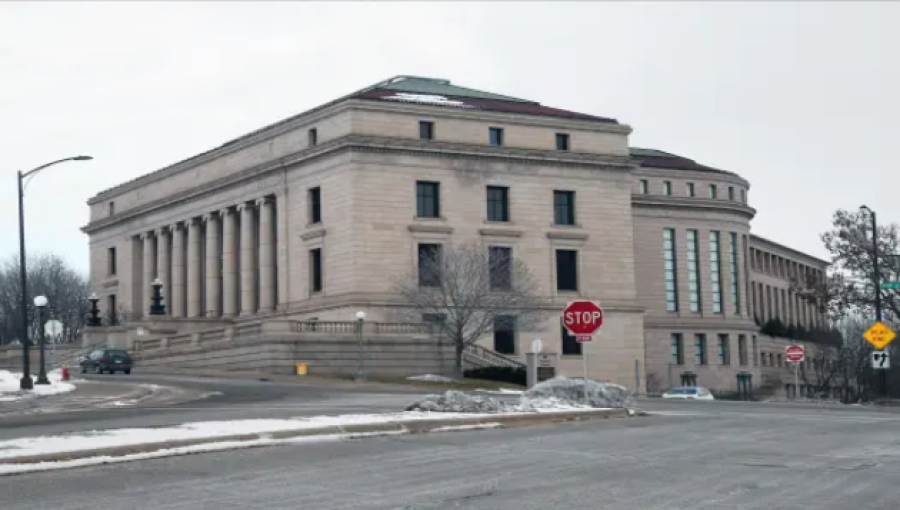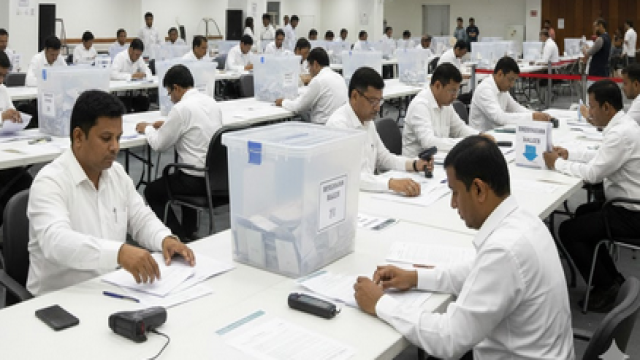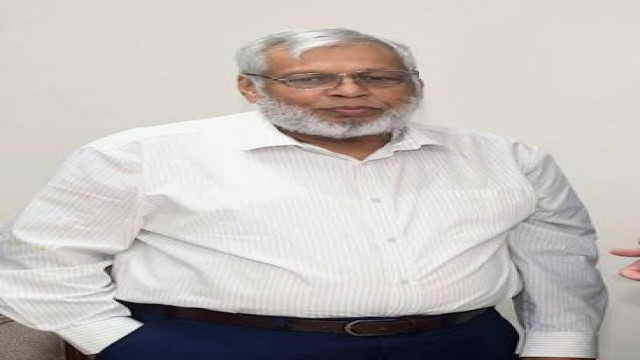Minnesota Senate Republicans propose a new bill, SF 5025, aiming to amend education mandates' timelines, citing cost concerns for school districts. The bill seeks to defer certain mandates for up to three years, allowing districts to gradually implement new requirements over time instead of immediately. However, Democratic-Farmer-Labor (DFL) Senators express skepticism, emphasizing previous substantial investments in education and attributing budget challenges to other factors.
Minnesota Senate Republicans put forth a new legislative proposal, SF 5025, aimed at addressing fiscal concerns surrounding education mandates, particularly their impact on school district budgets. The bill's proponents argue that allowing districts to defer certain mandates for up to three years would mitigate financial strains, enabling a phased implementation approach.
Senator Jason Rarick (R-Pine City) underscores the bill's intent to empower local school boards to temporarily pause new mandates, ensuring districts have adequate time and resources for implementation. By deferring mandates, districts could spread training and overtime costs over multiple years, optimizing budget utilization.
However, Democratic-Farmer-Labor (DFL) Senators Mary Kunesh (DFL-New Brighton) and Steve Cwodzinski (DFL-Eden Prairie) express reservations about the bill's necessity. They emphasize previous substantial investments in education and assert that budget challenges stem from factors like declining enrollment and the expiration of pandemic-era funds, rather than excessive mandates.
DFL Senators refute the characterization of mandates as burdensome, framing them as integral education policies aimed at enhancing student outcomes. They highlight past investments in education initiatives, emphasizing their commitment to supporting schools and students.
While acknowledging potential bipartisan support for education initiatives, the debate underscores divergent perspectives on fiscal priorities and governance approaches. As discussions continue, the bill's fate remains uncertain, reflecting broader debates over education funding and policy in Minnesota's legislative landscape.































Comment: